
Editorial
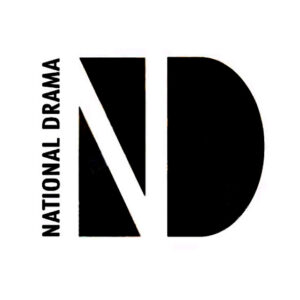
Volume 5 Editorial
Dorothy Heathcote, who died on 8th October 2011, had a remarkable, crucial influence on the development of drama in education across the world. Her pioneering work with teachers and the broader community of educators and those they teach, developed a body of practice and philosophy that was innovative, radical and, at times, controversial. She was inspirational.

Volume 5 Editorial
Dorothy Heathcote, who died on 8th October 2011, had a remarkable, crucial influence on the development of drama in education across the world. Her pioneering work with teachers and the broader community of educators and those they teach, developed a body of practice and philosophy that was innovative, radical and, at times, controversial. She was inspirational.
Articles
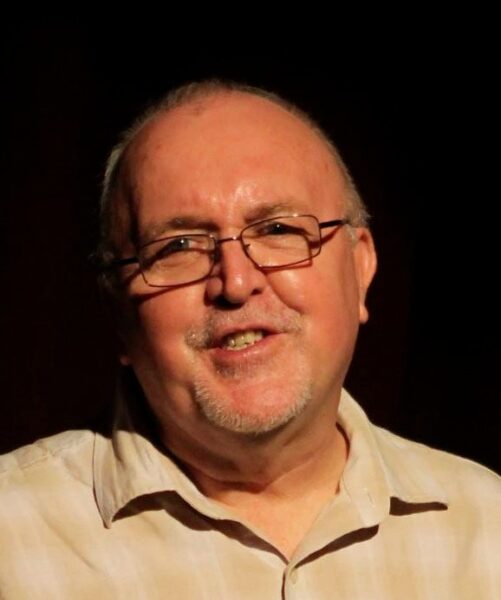
Stepping into Eternity: the experience of time in the drama of Dorothy Heathcote
As human individuals we live our lives within several embedding systems in Time, so that we are always dealing with multiple temporal conceptions.
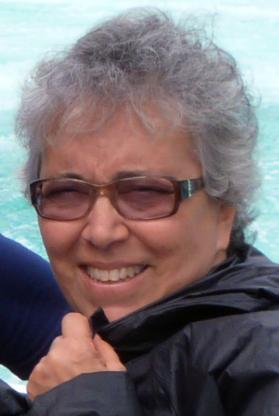
Third Inquiries – towards the mobilization of form and place
This communication identifies and discusses aesthetic and pedagogical issues of an experience with the third fragment of Brecht’s learning play “The Baden-Baden Lesson on Consent”.

Teaching and Learning in the Crucible: Actors with disabilities as experts preparing pre- service teachers to be inclusive educators.
Dorothy Heathcote understood teaching and learning to take place in a kind of ‘crucible’ in which participants, who are both teachers and learners, contribute to the mix and produce new understandings.

Valuing Tacit Knowledge and Clear Pedagogy: Continuing Professional Development for Teachers.
This article reports on a continuing professional development (CPD) programme that was rolled out into approximately 20 primary and secondary schools around Northamptonshire and beyond.

The ‘authentic teacher’: Heathcote’s notion of ‘authenticity’ in second language teaching and learning
In this paper I draw on Heathcote’s notion of the authentic teacher as a framework to analyse a reflective practitioner research on process drama for second language teaching and learning.

Revisiting Heathcote’s Rolling Role model through the Water Reckoning project: pre-texts, dramatic materials and digital mediation
Dorothy Heathcote’s work was centred on using drama to make learning meaningful and focused on things that ‘matter’.

Exploring distancing in the work of Dorothy Heathcote: Estrangement as poetic distortion
This article introduces the reader to a range of terms that have historically been applied to the notion of distancing, which in the author’s view was a major component of Heathcote’s work.
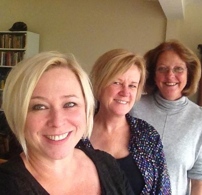
Into the sea of imagination: re-considering role and collaboration in the Sydney Water Reckoning Drama Project
This paper reports on the exciting Sydney study within the ground-breaking international rolling role project, which re-considered Heathcote’s rolling role strategy in a twenty-first century, web-based learning context.
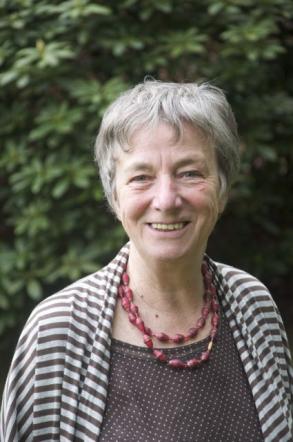
Homo Ludens gives the swing; or the needed momentum to the art of living Lidwine Janssens
In the year that we celebrate the 75th anniversary of Homo Ludens, this article introduces Ludic Pedagogy (LuPe) as a rich base for drama as education.

Drama as Method: Conceptualizing the Work of Teacher as Ethnographer
Drama in education (DiE) pioneered by Heathcote aims to help students access and understand a wide range of human experiences through the dramatic.

Heathcote’s Practice-led Teaching: Pioneering Research as well as Pioneering Pedagogy
It is widely recognized that Dorothy Heathcote was a dynamic and radical teacher who transformed and continually reinvented drama teaching.
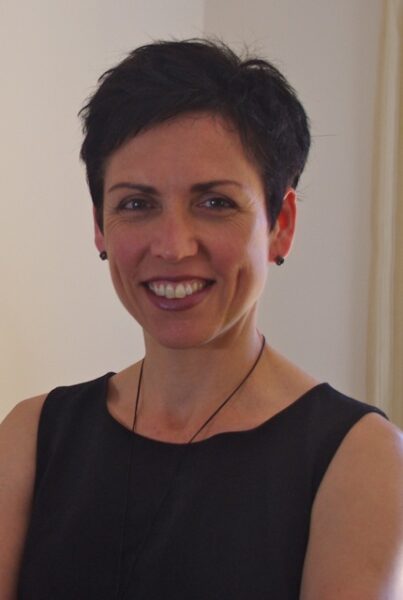
Risking Heuristics: Towards a classification of key features of Mantle of the Expert through the metaphor of the korowai
Drawing on the language and values of korowai weaving, the author presents Mantle of the Expert as having underlying philosophies (tikanga), core elements (whenu) and a whole set of interwoven signature pedagogies (aho).

A critical appraisal of the defining features of Heathcote’s methodology and their impact on the delivery of Mantle of the Expert in classrooms.
This paper considers the breadth of Heathcote’s educational drama methodologies.

Heathcote in Sweden – just passing by?
The first written introduction to Dorothy Heathcote’s work was published in Swedish in 1974, while she herself visited Sweden to teach in the early 1980s. How has drama for learning, i.e. process drama, evolved since then?

In the Thick of It: Proximities of Belonging in Drama Research
Themes of belonging: to a group, identity, culture and place have dominated education and performance research in recent years.

Stepping into Eternity: the experience of time in the drama of Dorothy Heathcote
As human individuals we live our lives within several embedding systems in Time, so that we are always dealing with multiple temporal conceptions.

Third Inquiries – towards the mobilization of form and place
This communication identifies and discusses aesthetic and pedagogical issues of an experience with the third fragment of Brecht’s learning play “The Baden-Baden Lesson on Consent”.

Teaching and Learning in the Crucible: Actors with disabilities as experts preparing pre- service teachers to be inclusive educators.
Dorothy Heathcote understood teaching and learning to take place in a kind of ‘crucible’ in which participants, who are both teachers and learners, contribute to the mix and produce new understandings.

Valuing Tacit Knowledge and Clear Pedagogy: Continuing Professional Development for Teachers.
This article reports on a continuing professional development (CPD) programme that was rolled out into approximately 20 primary and secondary schools around Northamptonshire and beyond.

The ‘authentic teacher’: Heathcote’s notion of ‘authenticity’ in second language teaching and learning
In this paper I draw on Heathcote’s notion of the authentic teacher as a framework to analyse a reflective practitioner research on process drama for second language teaching and learning.

Revisiting Heathcote’s Rolling Role model through the Water Reckoning project: pre-texts, dramatic materials and digital mediation
Dorothy Heathcote’s work was centred on using drama to make learning meaningful and focused on things that ‘matter’.

Exploring distancing in the work of Dorothy Heathcote: Estrangement as poetic distortion
This article introduces the reader to a range of terms that have historically been applied to the notion of distancing, which in the author’s view was a major component of Heathcote’s work.

Into the sea of imagination: re-considering role and collaboration in the Sydney Water Reckoning Drama Project
This paper reports on the exciting Sydney study within the ground-breaking international rolling role project, which re-considered Heathcote’s rolling role strategy in a twenty-first century, web-based learning context.

Homo Ludens gives the swing; or the needed momentum to the art of living Lidwine Janssens
In the year that we celebrate the 75th anniversary of Homo Ludens, this article introduces Ludic Pedagogy (LuPe) as a rich base for drama as education.

Drama as Method: Conceptualizing the Work of Teacher as Ethnographer
Drama in education (DiE) pioneered by Heathcote aims to help students access and understand a wide range of human experiences through the dramatic.

Heathcote’s Practice-led Teaching: Pioneering Research as well as Pioneering Pedagogy
It is widely recognized that Dorothy Heathcote was a dynamic and radical teacher who transformed and continually reinvented drama teaching.

Risking Heuristics: Towards a classification of key features of Mantle of the Expert through the metaphor of the korowai
Drawing on the language and values of korowai weaving, the author presents Mantle of the Expert as having underlying philosophies (tikanga), core elements (whenu) and a whole set of interwoven signature pedagogies (aho).

A critical appraisal of the defining features of Heathcote’s methodology and their impact on the delivery of Mantle of the Expert in classrooms.
This paper considers the breadth of Heathcote’s educational drama methodologies.

Heathcote in Sweden – just passing by?
The first written introduction to Dorothy Heathcote’s work was published in Swedish in 1974, while she herself visited Sweden to teach in the early 1980s. How has drama for learning, i.e. process drama, evolved since then?

In the Thick of It: Proximities of Belonging in Drama Research
Themes of belonging: to a group, identity, culture and place have dominated education and performance research in recent years.
Book Reviews
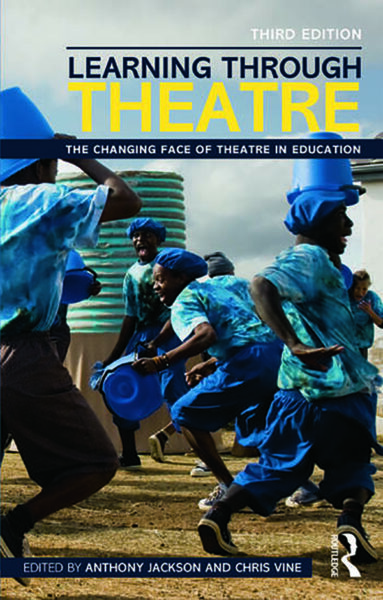
Learning Through Theatre: The Changing Face of Theatre in Education (Third Edition)
In the two decades since the publication of the second edition, Learning Through Theatre has further established itself as an indispensable resource for scholars, practitioners and educators interested in the complex interrelations between teaching and learning, the performing arts, and society at large. Theatre in Education (TIE) has consistently been at the cutting edge of the ever-growing field of Applied Theatre; this comprehensively revised new edition makes an international case for why, and how, it will continue to shape ways in which the participatory arts contribute to the learning of young people (and increasingly, adults) in the 21st century.
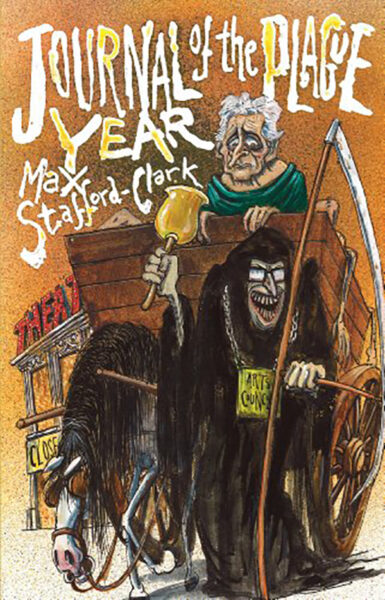
Journal of the Plague Year
A truthful, personal and insightful exploration of the state of arts funding and carrying on in the face of adversity, by the renowned founder of Out of Joint.
One March morning, out of the blue, Max Stafford-Clark learned that the Arts Council had drastically cut their grant to his theatre company, Out of Joint, leaving it in danger of imminent collapse. Journal of the Plague Year is his account of what happened next, as he sets out to contest the cut, make the case for public funding of the arts, and continue producing the work for which he and his company are renowned.
Max’s journal often takes on an autobiographical flavour, including the unexpectedly moving story of his two fathers, his surreal encounter with the New York theatre world, and the shocking details of what it is to suffer a massively debilitating stroke.
By Max Stafford-Clark
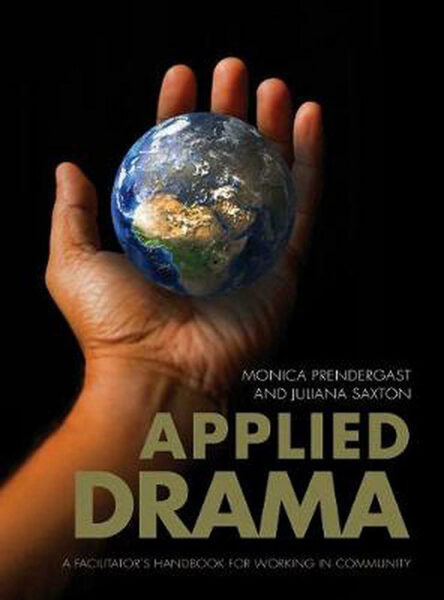
Applied Drama: A Facilitator’s Handbook for Working in the Community
Applied Drama, a companion to Intellect’s Applied Theatre, fulfills the need for an introductory handbook for facilitators and teaching artists working with the dramatic process in diverse community settings. The authors distill the best practices to transfer into the settings within which these applied drama projects occur. Crafted for use in schools, classrooms, community groups, healthcare organizations, and all manner of social institutions, this book aids practitioners in developing and honing the skills needed to serve these communities.
By Monica Prendergast and Juliana Saxton
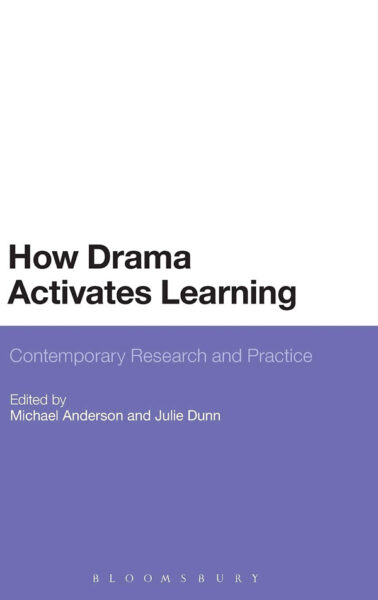
How Drama Activates Learning: Contemporary Research and Practice
How Drama Activates Learning: Contemporary Research and Practice draws together leaders in drama education and applied theatre from across the globe, including authors from Europe, North America and Australasia. It explores how learning can be activated when drama pedagogies and philosophies are applied across diverse contexts and for varied purposes. Drawing on a range of theoretical perspectives, the contributors present case studies of drama and applied theatre work in school and community settings, providing rich descriptions of practice accompanied by detailed analysis underpinned by the theoretical perspectives of key thinkers from both within and beyond the field of drama.
By Michael Anderson and Julie Dunn (eds)
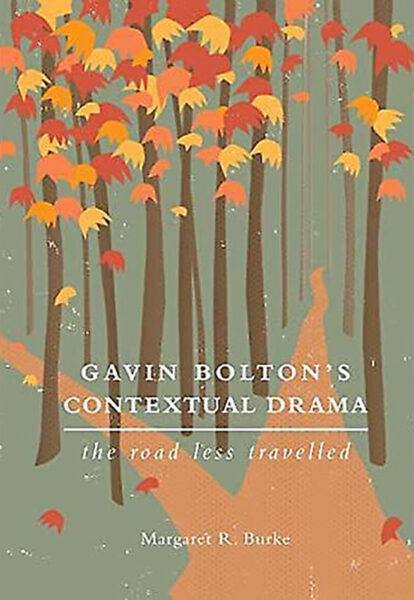
Gavin Bolton’s Contextual Drama: the road less travelled
Gavin Bolton’s Contextual Drama is the result of more than two decades of study of Bolton’s theory and practice. For teachers and those in the caring professions, it will clarify the power of contextual drama as a beneficial learning medium for children and adults, both within and beyond the classroom. The core of the book is a detailed analysis of nine examples of the contextual drama mode; the first five demonstrate and analyse Bolton’s practice with children and young people and the final four describe his teaching with adults. Each chapter is framed by an introduction that contextualizes Bolton, from his initial beginnings working with visually and aurally challenged children to his position as reader in drama at Durham University. The final two chapters offer reflection on the nature of this work and, in particular, the significance of Bolton’s contributions to education.
By Margaret Burke
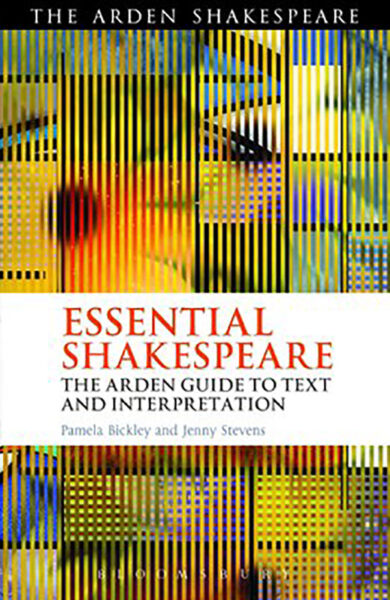
Essential Shakespeare: The Arden Guide to Text and Interpretation
An introductory critical study for first year undergraduates which bridges the gap between A Level and university study. The book offers an accessible overview of key critical perspectives, early modern contexts, and methods of close reading, as well as screen and stage performances spanning several decades. Organised around the discussion of fourteen major plays, it introduces readers to the diverse theoretical approaches typical of today’s English studies. This is a go-to resource that can be consulted thematically or by individual play or genre. Critical approaches can overwhelm students who are daunted by the quantity and complexity of current scholarship; Bickley and Stevens are experienced teachers at both A and university level and are thus uniquely qualified to show how a mix of critical ideas can be used to inform ways of thinking about a play.
By Pamela Bickley and Jenny Stevens

Learning Through Theatre: The Changing Face of Theatre in Education (Third Edition)
In the two decades since the publication of the second edition, Learning Through Theatre has further established itself as an indispensable resource for scholars, practitioners and educators interested in the complex interrelations between teaching and learning, the performing arts, and society at large. Theatre in Education (TIE) has consistently been at the cutting edge of the ever-growing field of Applied Theatre; this comprehensively revised new edition makes an international case for why, and how, it will continue to shape ways in which the participatory arts contribute to the learning of young people (and increasingly, adults) in the 21st century.

Journal of the Plague Year
A truthful, personal and insightful exploration of the state of arts funding and carrying on in the face of adversity, by the renowned founder of Out of Joint.
One March morning, out of the blue, Max Stafford-Clark learned that the Arts Council had drastically cut their grant to his theatre company, Out of Joint, leaving it in danger of imminent collapse. Journal of the Plague Year is his account of what happened next, as he sets out to contest the cut, make the case for public funding of the arts, and continue producing the work for which he and his company are renowned.
Max’s journal often takes on an autobiographical flavour, including the unexpectedly moving story of his two fathers, his surreal encounter with the New York theatre world, and the shocking details of what it is to suffer a massively debilitating stroke.
By Max Stafford-Clark

Applied Drama: A Facilitator’s Handbook for Working in the Community
Applied Drama, a companion to Intellect’s Applied Theatre, fulfills the need for an introductory handbook for facilitators and teaching artists working with the dramatic process in diverse community settings. The authors distill the best practices to transfer into the settings within which these applied drama projects occur. Crafted for use in schools, classrooms, community groups, healthcare organizations, and all manner of social institutions, this book aids practitioners in developing and honing the skills needed to serve these communities.
By Monica Prendergast and Juliana Saxton

How Drama Activates Learning: Contemporary Research and Practice
How Drama Activates Learning: Contemporary Research and Practice draws together leaders in drama education and applied theatre from across the globe, including authors from Europe, North America and Australasia. It explores how learning can be activated when drama pedagogies and philosophies are applied across diverse contexts and for varied purposes. Drawing on a range of theoretical perspectives, the contributors present case studies of drama and applied theatre work in school and community settings, providing rich descriptions of practice accompanied by detailed analysis underpinned by the theoretical perspectives of key thinkers from both within and beyond the field of drama.
By Michael Anderson and Julie Dunn (eds)

Gavin Bolton’s Contextual Drama: the road less travelled
Gavin Bolton’s Contextual Drama is the result of more than two decades of study of Bolton’s theory and practice. For teachers and those in the caring professions, it will clarify the power of contextual drama as a beneficial learning medium for children and adults, both within and beyond the classroom. The core of the book is a detailed analysis of nine examples of the contextual drama mode; the first five demonstrate and analyse Bolton’s practice with children and young people and the final four describe his teaching with adults. Each chapter is framed by an introduction that contextualizes Bolton, from his initial beginnings working with visually and aurally challenged children to his position as reader in drama at Durham University. The final two chapters offer reflection on the nature of this work and, in particular, the significance of Bolton’s contributions to education.
By Margaret Burke

Essential Shakespeare: The Arden Guide to Text and Interpretation
An introductory critical study for first year undergraduates which bridges the gap between A Level and university study. The book offers an accessible overview of key critical perspectives, early modern contexts, and methods of close reading, as well as screen and stage performances spanning several decades. Organised around the discussion of fourteen major plays, it introduces readers to the diverse theoretical approaches typical of today’s English studies. This is a go-to resource that can be consulted thematically or by individual play or genre. Critical approaches can overwhelm students who are daunted by the quantity and complexity of current scholarship; Bickley and Stevens are experienced teachers at both A and university level and are thus uniquely qualified to show how a mix of critical ideas can be used to inform ways of thinking about a play.
By Pamela Bickley and Jenny Stevens
Editorial Board
Notes on Authors

Volume 5 Notes on Authors
Viv Aitken is Senior Lecturer in Education at the University of Waikato, Hamilton New Zealand, where she contributes to pre-service programmes for primary and secondary teachers and supervises postgraduate research.

Volume 5 Notes on Authors
Viv Aitken is Senior Lecturer in Education at the University of Waikato, Hamilton New Zealand, where she contributes to pre-service programmes for primary and secondary teachers and supervises postgraduate research.
Table of Contents

